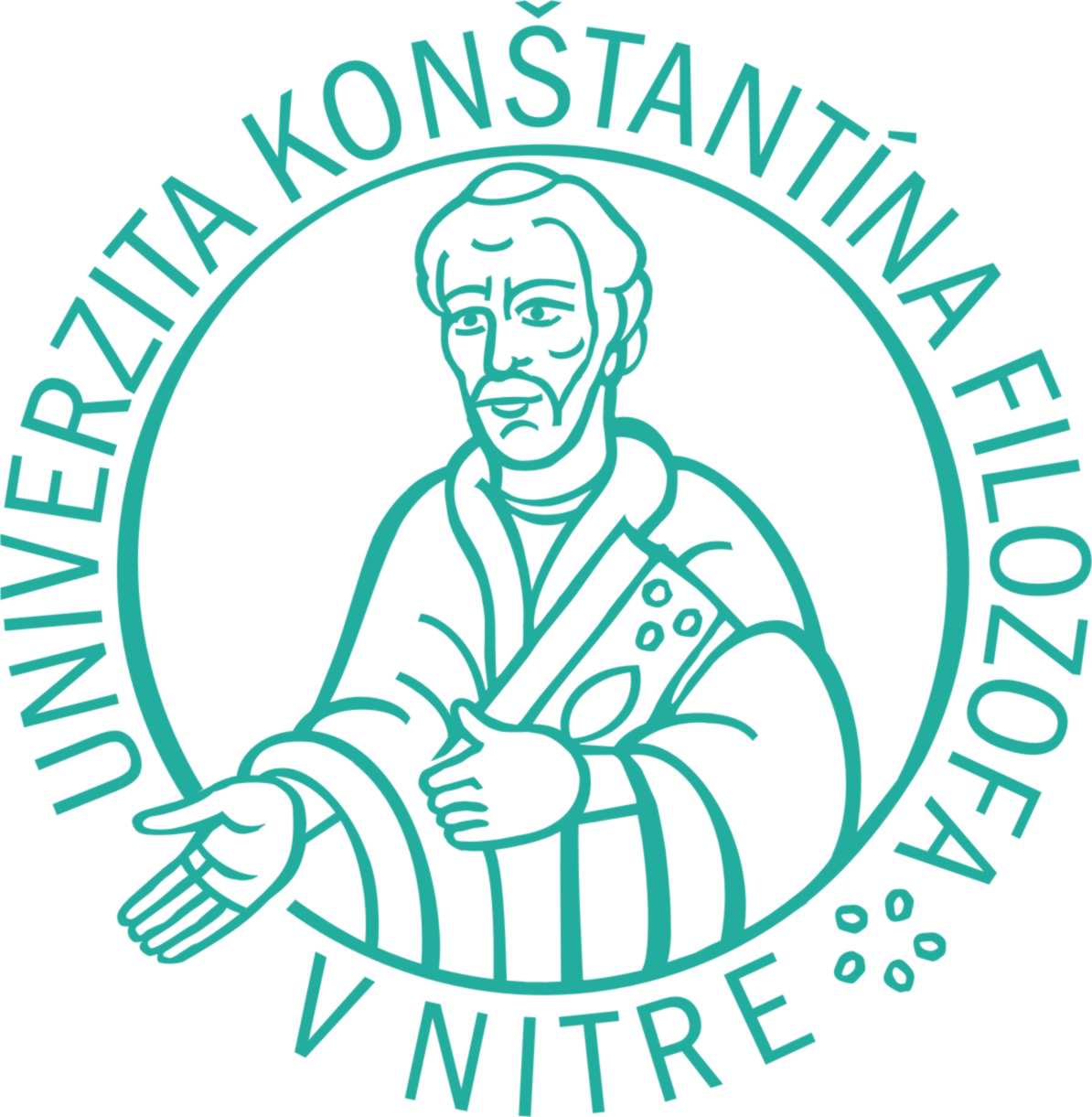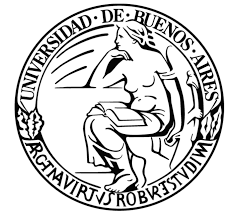|
Grant |
Relationship between trust and entrainment in speech
Air Force Office of Scientific Research, FA9550-15-1-0055 |
 |
|
People
|
PI: Stefan Benus, Constantine the Philosopher University in Nitra, Slovakia
Co-PI: Agustin Gravano, University of Buenos Aires, Argentina |
  |
|
Objective
|
Test a hypothesized correlation between:
Entrainment (the tendency of conversational partners to speak in a similar way)
Trust (reliance on another party's capabilities and knowledge when making decisions)
in human-machine interactions in non-Germanic languages
|
|
Approach
|
Design a novel interactive game in which subjects make decisions of different stakes
Avatars provide advice; synthesized voices entrain (or not) to the subject on several features (pitch, intensity, rate)
Quality of advice is controled/balanced; Which avatar is chosen (trusted) more often?
Test in native Slovak, Spanish, and L2 English for Slovak/Spanish speakers (vary also entrainment on the level of L1 interference)
|





